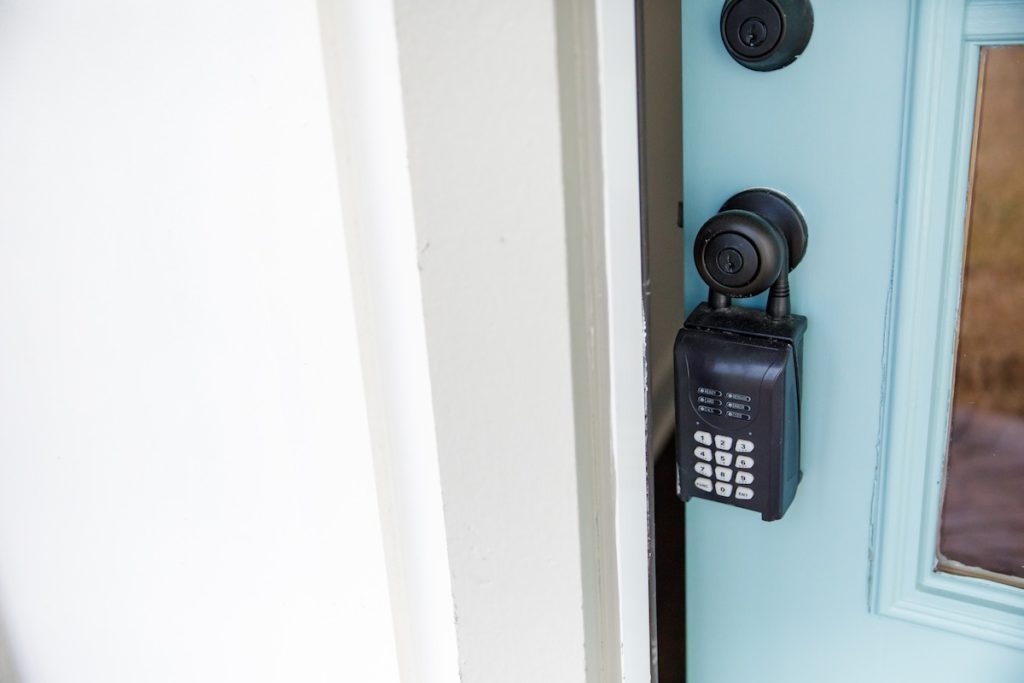The Florida Legislature was presented with nearly 3,400 bills for its consideration and potential approval. Of the 3,400 would-be laws, less than 200 made it to Governor Ron DeSantis’ desk for his signature.
Among these was the much-dreaded (at least by community association residents, managers and attorneys) House Bill 987, which sought to preempt local ordinances pertaining to short term rentals with the Florida Statutes. Luckily, House Bill 987 was not among those few survivors; however, we do wish to take a moment to analyze the ramifications of a bill such as House Bill 987 as it will likely return to haunt Community Associations during next year’s legislative session.
The preamble to House Bill 987 read:
“Property owners who use their residential property as a vacation rental have constitutionally protected property rights and other rights that must be protected, including the right to use their residential property as a vacation rental.”
To this end, House Bill 987’s language sought to preempt and subordinate any and all local ordinances pertaining to the regulation of vacation rentals, including, but not limited to, the inspection, licensing, and occupancy limits of such, to the Florida Statutes. In turn, the Florida Statutes would declare that all property owners have a right to lease their property on a short-term basis.
By preempting local governments’ ability to make ordinances regarding short-term rentals, the legislature would also take away the ability of residents to voice their opinion at public hearings and their right to self-determine the extent to which such operations are permissible and/or desirable in their communities. Put another way, the residents of such towns as Winter Springs, Winter Park or Winter Garden, who know better than anyone else the impact short-term rentals might have upon their communities, would be subject to the one-size-fits-all laws created in Tallahassee. Under such a scheme, Florida’s local governments would be beholden to the lobbying efforts of such well-funded corporations as Airbnb and VRBO, who enjoy significant influence in the State’s Capital.
Another implication of laws such as House Bill 987 is that Community Associations, whose governing documents might be silent on the topic of short-term rentals, would no longer be able to rely on the ordinances of their local governments in order to limit such rentals. Considering the lobbying power of Airbnb and its counterparts, we expect legislation much like House Bill 987 to return to the 2020 legislative session and a more aggressive push to get it approved. Community Associations wishing to protect themselves from the effects of such a law being signed into effect next year should ensure that their governing documents are up to date and address short-term rentals with sufficient specificity.
When local government ordinances are preempted, private deed restrictions shall remain as the last bastion of a community’s right to self-determination.
